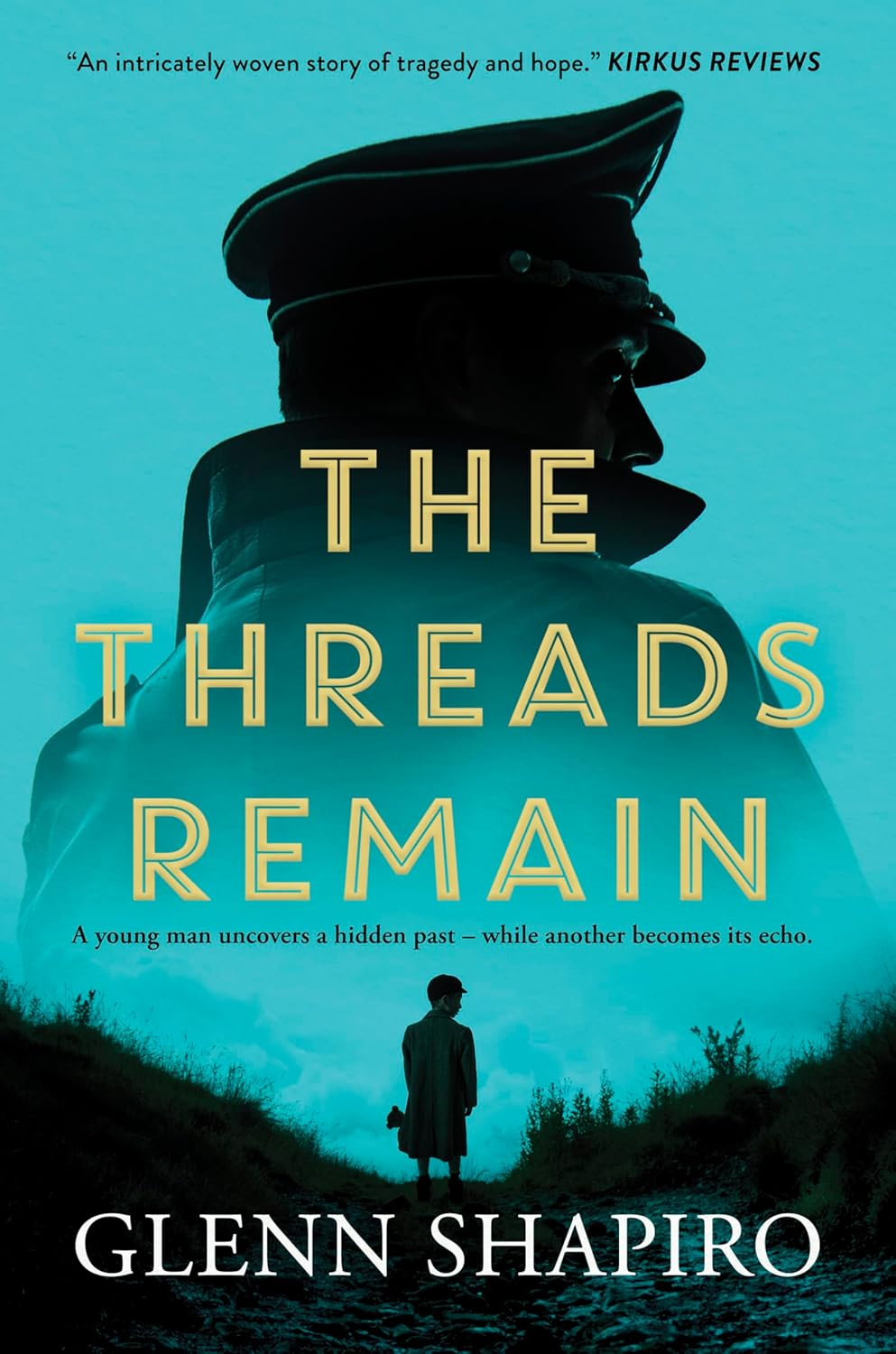A Gentleman in Moscow - Review
A Gentleman in Moscow, by AmorTowles
If you're counting, it's been about three weeks since I shared a book review with you all. I’ll be honest, this month's book, A Gentleman in Moscow, didn't begin its time on my preferred reads shelf. If had been reading a hardback version, there would probably be a dent in my living room wall where I threw it aside🤣. Fortunately, I was reading on my Kindle, so no need to patch the sheetrock. I just reopened my Kindle and determinedly gave it one more shot. Determined I was, because my brother spoke of it often and with such high praise I knew I must be missing something very valuable. Finishing the book a day before I wrote the original review, and now almost three years later, I’m still not sure I’ve found the gems he did, but it is indeed a book unlike any other I’ve read!
Count Rostov, a member of the Russian aristocracy, labeled “unrepentant” by a Bolshevik tribunal, is placed under house arrest in the Metropol Hotel for the remainder of his life. (Mind you, he still had a long life in front of him. He was only 30 years old when placed under house arrest.) Not only confined to the hotel, but placed in a tiny servant’s room in the hotel attic. The Count was an educated, cultured man who had not worked in his life. How would he survive in such an environment without the activity and social interaction he was accustomed to? He not only survived, he thrived, and enriched those around him.
One of the aspects that bothered me and slowed my reading was the awkward pace at which the plot seemed to progress. At times, very slowly and then suddenly it would zip forward. At one point, the introduction of a new character made it scurry along at breakneck speed. My brother thought the pacing may have been a tool Towles used to demonstrate the varying pace of Count Rostov’s life. Certainly, there were times when his life was incredibly slow and vice versa. That's probably a good analogy and a unique method when you give it some thought!
Shelf Reflection describes the construction as a diamond.
- Opening: The narrative begins with detailed descriptions of people, rooms, objects, and memories.
- Middle: The story builds with many seemingly incidental events.
- Climax: The story elements converge toward the climax in the latter part of the structure.
*If you haven't read A Gentleman in Moscow or seen the TV adaptation, be aware there are some details ahead. I don't think it will ruin your reading or viewing pleasure, but I want to be clear on that possibility.
I absolutely agree with Shelf Reflections assessment! Beginning the narrative with a wealth of detailed descriptions is exactly why I got bogged down TWICE! On my third attempt, I was better prepared and knew what to expect. I persevered through the details until the story began to build with events shaped by the Count's physical confinement. An imaginative mind turned daily occurrences into larger life lessons, i.e. a trip to the barber shop (where the count lost half his mustache) and a "behind the scenes" exploration of the hotel lead by his young friend Nina.
The Count was a socially adept person, who didn't allow house arrest to keep him from making friends of the hotel staff and guests - the maitre d' of the hotel restaurant, the head chef, and Anna, an actress and the Count's lover. All these relationships enriched not just Count Rostov's life, but that of those who came to be his friends!
A few remaining questions jump to mind. Why did Count Rostov execute an escape after close to thirty years in confinement? Why did he choose to go to his hometown, rather than meet Sophia, Nina's daughter, in Paris? That seemed to be the logical choice to me. Perhaps logic didn't enter into his decision. Maybe his choice was closure. He may have felt more comfortable in a familiar world, after being reintroduced to life outside the hotel. He had given Sophia counseling about being fearful of new adventures after she was chosen for the trip and piano performance in Paris. Did he give himself that same counsel?
The historical annotations seemed awkward for me, at first. My thought was, "ugh", I didn't buy a Russian history book 📚. However, like the Count, once I opened my mind to world events taking place outside the hotel, I found the notes to be helpful, providing some necessary historical context. I might not have been interested in a Russian history lesson at first read, but those notes helped spark some exploration. I searched for similar books and found a bunch of them. You might want to give them a looksee.
I was reluctant to begin this book for the third time, but I did enjoy it and the TV series when it came out later. I will admit, I am a plot-driven reader and this was more of a book propelled by character. However, it's important to challenge yourself to step away from the familiar from time-to-time. Like Count Rostov, you never know where that side-step will take you.
REMINDER - We are one month away from the Texas Book Festival. No, Amor Towles won't be on hand, but there are a lot, and I mean A LOT, of great writers! Here's the Line-up. I can't wait to see you there! Don't forget to look for me and my brother carrying our Dee Reads totes. Stop us and say "Hi"!





An excellent review of an outstanding story well told.
ReplyDeleteI’m glad you enjoyed the review. Be looking for more in upcoming months.
Delete